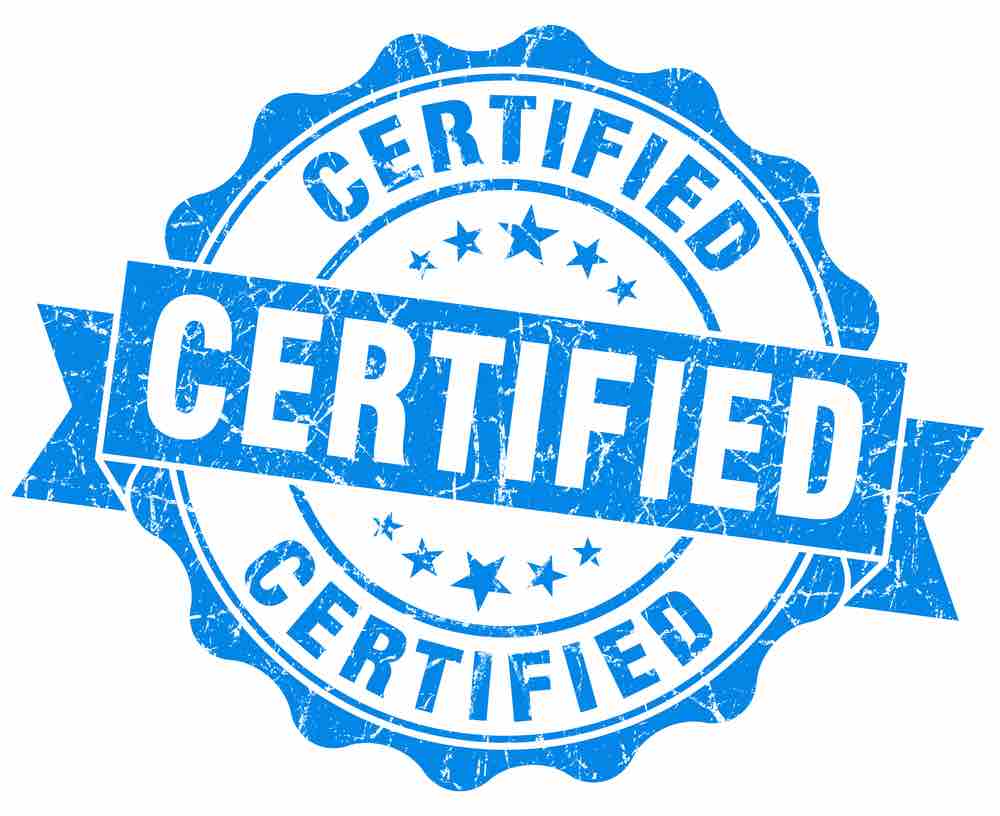The International Coach Federation (ICF) credentialing process plays a vital role in ensuring the quality and professionalism of coaches worldwide. A key component of this process is ICF Mentor Coaching, a specialized form of coaching designed to help aspiring coaches develop the skills and competencies needed to achieve their desired ICF credential level [1]. ICF Mentor Coaches act as trusted guides, providing support, feedback, and encouragement throughout the mentee’s coaching journey.
This article delves into the essential duties of an ICF Mentor Coach, outlining the key responsibilities that contribute to a successful mentoring relationship.
Building the Foundation: Establishing Purpose and Expectations
- Modeling Effective Client Relationships:
An ICF Mentor Coach embodies the principles of ethical and effective coaching by demonstrating strong contracting and relationship-building skills during the initial interactions with a potential mentee. This sets the tone for the mentoring partnership and allows the mentee to observe best practices in action. - Understanding Mentee Goals:
ICF Mentor Coaches take the time to thoroughly explore a potential mentee’s aspirations. This involves open-ended questioning to understand the mentee’s desired credential level, coaching goals, and long-term career aspirations. - Shared Vision of Success:
Once the mentee’s goals are clear, both parties work together to define the purpose of the mentoring relationship. This collaborative approach ensures that both the mentor coach and mentee are aligned on the objectives and desired outcomes of the mentoring program. - Measuring Progress:
Establishing clear and measurable success markers is crucial for tracking progress and maintaining motivation. The mentor works in partnership with the mentee to define what success looks like in the context of their specific goals. - Transparency and Logistics:
Financial considerations are an important aspect of any professional relationship. The ICF Mentor Coach openly discusses fees, timeframes, and other logistical details of the mentoring program, ensuring transparency and clear expectations.
Ethical Considerations and Building Confidence
- Upholding the ICF Code of Ethics:
As role models, ICF Mentor Coaches have a responsibility to ensure their mentees are familiar with and committed to upholding the ICF Code of Ethics. This involves providing comprehensive information on the code’s principles and guidelines. - Ethical Conduct Review Board:
Knowing where to turn for guidance on ethical dilemmas is vital for any coach. The ICF Mentor Coach informs the mentee about the availability of the Ethical Conduct Review Board, a resource for navigating potential ethical concerns. - Empowering Mentee Choice:
Finding the right mentor coach is crucial for a successful mentoring relationship. ICF Mentor Coaches support mentee self-confidence by encouraging them to interview multiple candidates before making a final decision. This empowers the mentee to find a mentor who best aligns with their individual learning style and goals. - Focus on Development, Not Guarantees:
While ICF Mentor Coaching aims to equip mentees with the skills needed for their credentialing, it’s important to maintain realistic expectations. The ICF Mentor Coach refrains from guaranteeing a specific credential level as the outcome of the mentoring program.
Core Competency Development: The Heart of ICF Mentor Coaching
- Focused Feedback for Growth:
The core of ICF Mentor Coaching lies in providing constructive feedback on the mentee’s skills. This involves reviewing recordings or transcripts of the mentee’s coaching sessions and offering targeted feedback, both oral and written, with specific examples to support the observations. - Building Mastery Through Strengths and Weaknesses:
Effective feedback goes beyond identifying areas for improvement. ICF Mentor Coaches also highlight the mentee’s strengths, fostering confidence and providing a foundation for further development. This balanced approach helps the mentee build a deeper level of mastery in coaching. - Holding Space for the Whole Mentee:
ICF Mentor Coaching requires a high level of attunement. The mentor coach demonstrates the ability to understand the mentee on multiple levels – their personality, aspirations, and unique coaching style. This “whole-person” approach allows the mentor coach to support and guide the mentee in a way that honors their individuality.
Conclusion:
ICF Mentor Coaches play a critical role in shaping the next generation of professional coaches. By fulfilling their essential duties, they contribute significantly to the quality and professionalism within the coaching profession. Understanding and embodying these core responsibilities empowers ICF Mentor Coaches to form strong, supportive mentoring relationships that pave the way for mentees to achieve their goals.
[1] International Coaching Federation. “Mentor Coaching.” Accessed May 14, 2024, https://coachingfederation.org/credentials-and-standards/mentor-coaching
If you need to meet your ACC or PCC credential requirement, please see our ICF Mentor Coaching program page to enroll.
ICF Mentor Coaching for ACC or PCC – Start This Week!
Our ICF mentoring coaching program is a flexible-schedule training consisting
of 7 small-group clinics and 3 private sessions. Three meeting times per week available!
UPDATED: The New ACC ICF Credentialing Exam and 10 Tips to Pass It
As the initial credential in the ICF’s certification process, the new ACC credentialing exam confirms…
How to Guide Aspiring Coaches: An ICF Mentor Coaching Guide
The International Coach Federation (ICF) credentialing process plays a vital role in ensuring the quality…
ICF Mentor Coaching Skills
The International Coach Federation (ICF) credentialing process plays a vital role in ensuring the quality…
ICF Core Competency 8: Facilitate Client Growth
This article explores Core Competency 8, “Facilitate Client Growth”, one of the eight core competencies…
NLP and ICF-Style Coaching – Are They Congruent?
It is a common misconception that you cannot use NLP in ICF-style coaching. They are…
Do you Have to be Certified to be a Life Coach?
Do you have to be certified to be a life coach? This post will give…








